CSPO News In the Press
-
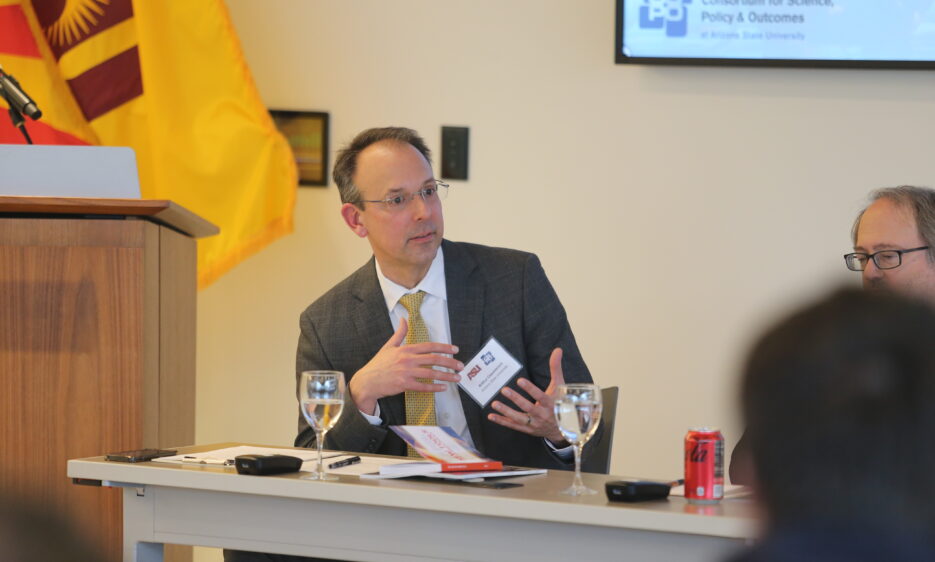
Consortium for Science, Policy & Outcomes welcomes new director Arthur Daemmrich
Daemmrich brings experience from the Smithsonian Institution and Harvard Business School to ASU
Daemmrich will lead the intellectual network in fostering new policies, advancing the consortium’s work in participatory technology assessment and engaging in important discussions about emerging science and technology.
-
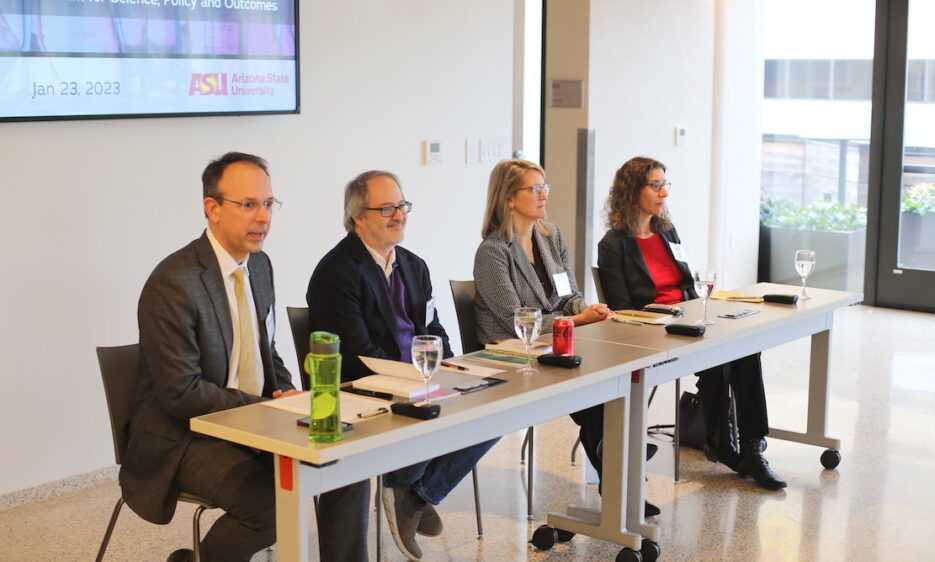
Science on the Offense
Inclusive, scientific policy key for US to compete globally, says a CSPO-convened panel
On January 23, 2023, CSPO convened a panel on technology assessment, anticipatory governance, and the future of the U.S. innovation system. The panel featured David Guston (Arizona State University), Dahlia Sokolov (US House of Representatives Committee on Science, Space, and Technology) and Angela Bednarek (the Pew Charitable Trusts) in a moderated discussion with Arthur Daemmrich (Consortium for Science, Policy, & Outcomes).
-

Science for the Messy and the Mysterious
Bringing Social Science to Bear on the Pandemic
By uncovering the uniquely human factors that affect responses to catastrophes, the social sciences can inform more nuanced and effective policy, now and in the future.
-
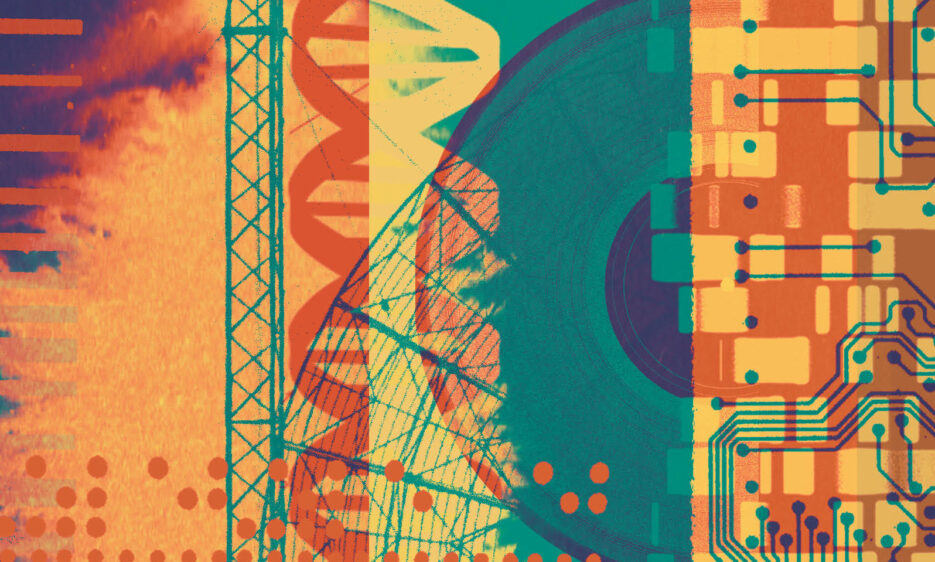
Reinvigorating the Scientific Enterprise
Envisioning the Next 75 Years of Science Policy
How can we structure science policy and scientific research to meet human needs in a world of accelerating changes? Global leaders, early career researchers, policymakers, businesspeople and more consider the future of the scientific enterprise and how it could be changed to create a healthier, more equitable, and secure society in an essay collection in Issues in Science & Technology.
-
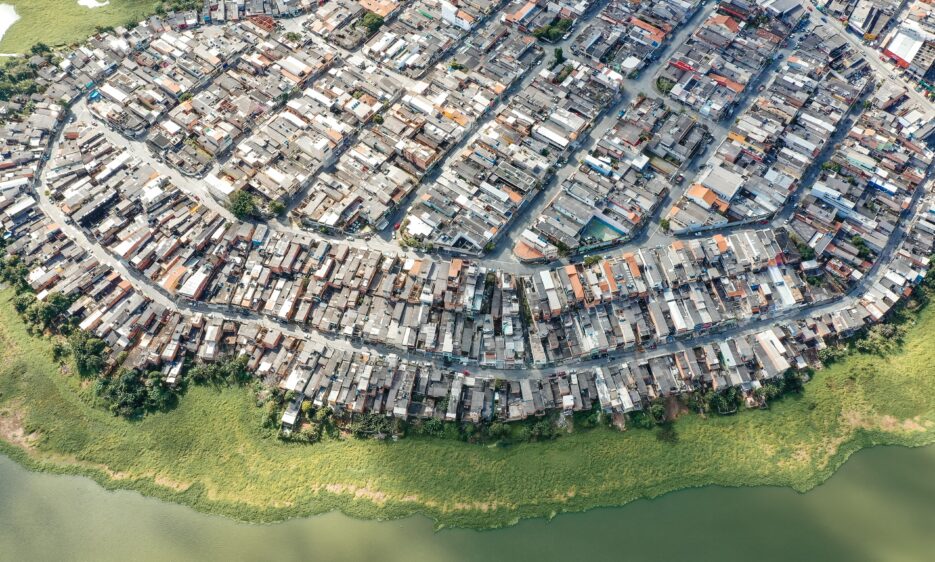
Infrastructure in the Anthropocene
Humans are rapidly approaching a period of destabilization that requires new thinking and competencies for how we approach infrastructure into the future.
It’s time to rethink the relationship with the core systems that serve as the backbone for virtually every activity and service that society demands. New accelerating and interactive forces are redefining what infrastructure can and should do, and how it should function on a planet dominated by human systems. Read the first chapter of Mikhail Chester and Braden Allenby’s indispensable new book, The Rightful Place of Science: Infrastructure in the Anthropocene.
-
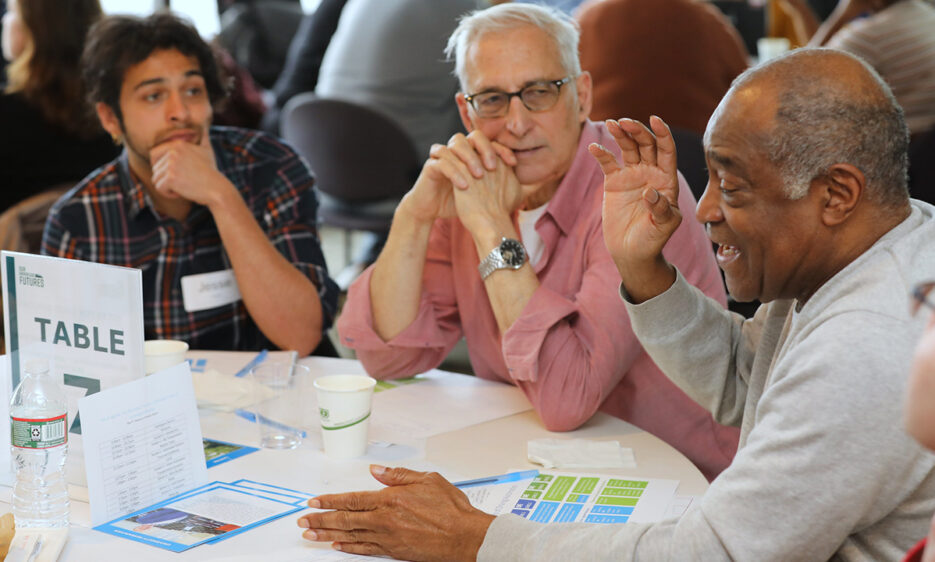
Science policy: For the public, by the public
An ASU team led by CSPO Associate Director Mahmud Farooque calls on the Biden administration to create a special Participatory Technology Assessment unit to support policy decisionmaking.
The team, in collaboration with the Day One Project, suggests that the outcomes of science and technology decisionmaking will improve through dialogue with informed, nonexpert citizens who are generally underrepresented in science and technology policymaking.
-
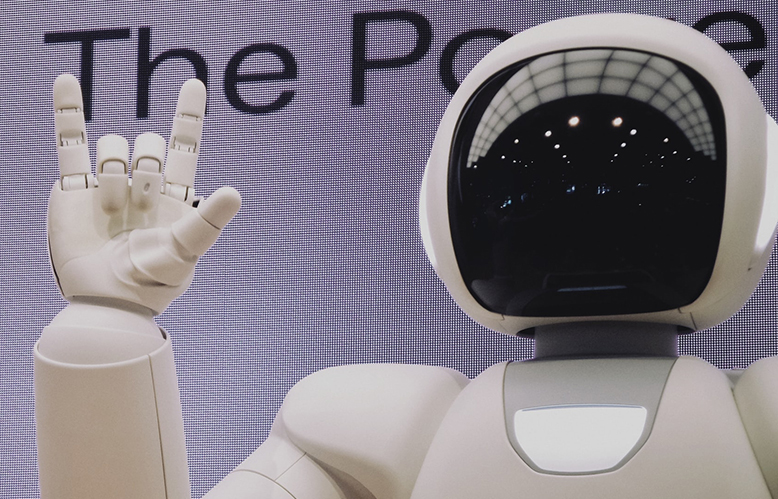
Not That Smart
AI should serve, not compete with, human intelligence
AI should advance human agency, rather than replace it. How can we assure that AI design and policy is human-centered?
-
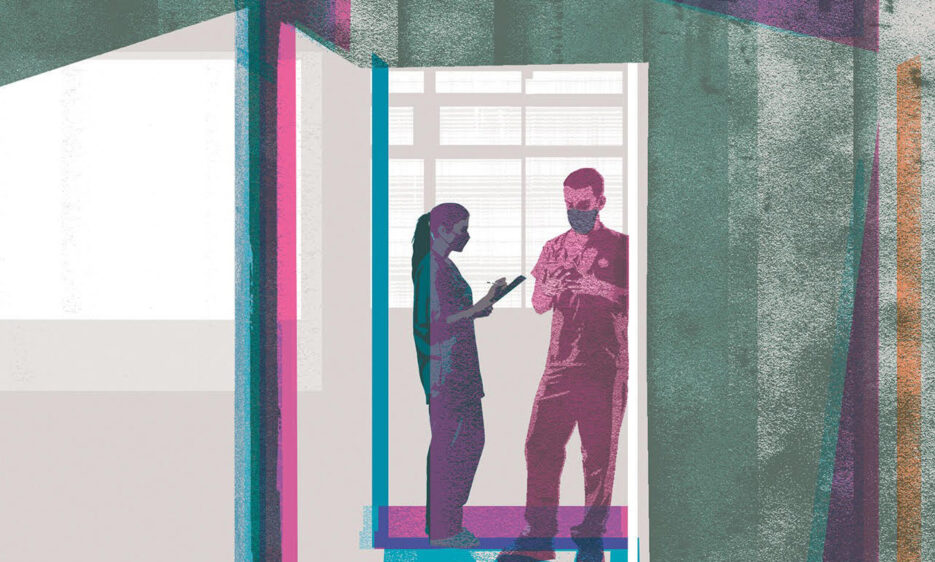
Out of Chaos Comes Creativity and Innovation
What Nurses Know About Innovating “In the Here and Now”
The pandemic has shattered norms of medical knowledge production, revealing the key role of nurses—and trust—in innovation.
-
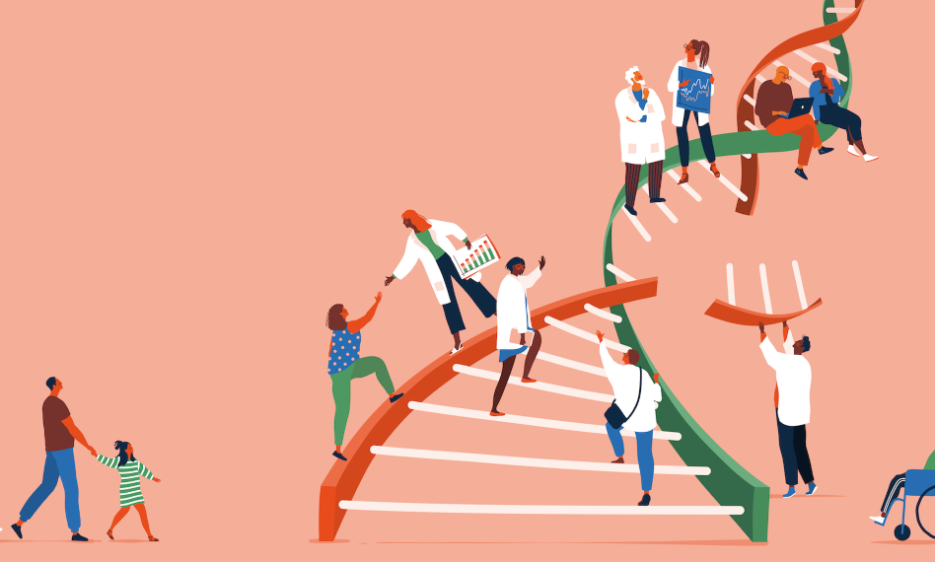
Who should have a say on editing DNA?
ASU Consortium for Science, Policy and Outcomes joins global efforts to bring public values for anticipatory governance of gene editing technologies
CSPO is working on a series of three closely connected projects to assist with global citizen deliberations on gene editing. These efforts reinforce a call from 25 leading researchers from around the world for the creation of national and global “citizens’ assemblies,” made up of lay-people, tasked with considering the societal implications of this emerging science.